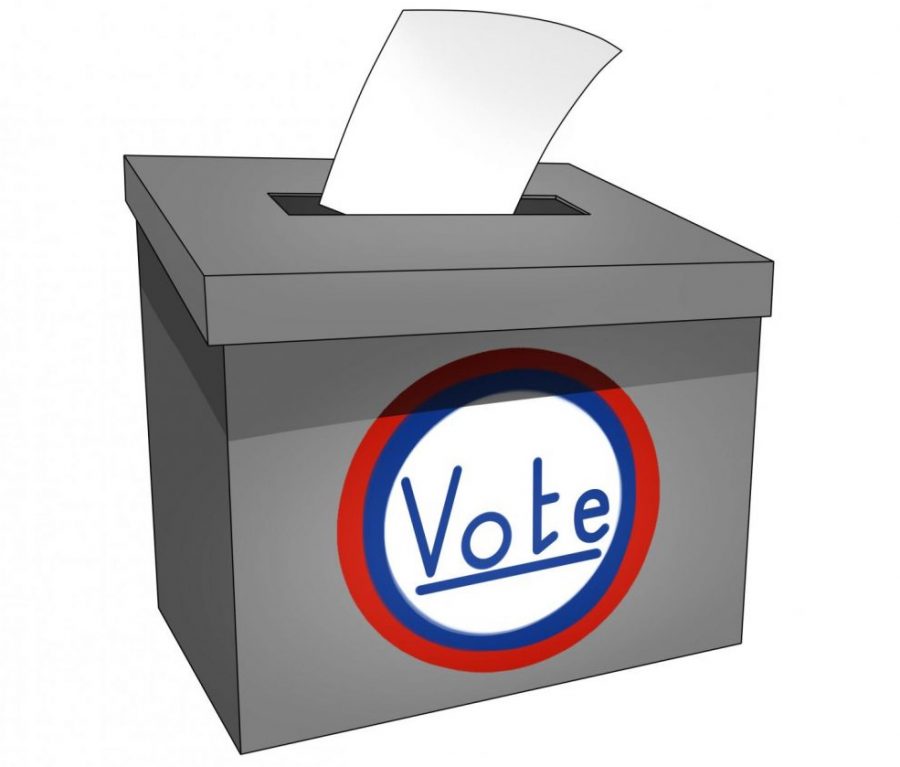Vote because those that you may disagree with will
It is imperative that everybody makes their voices heard
November 6, 2018
This upcoming midterm election is crucial for both Republicans and Democrats. This midterm election will determine if all branches of government will stay red, or if the Democrats can flip the house and/or the Senate. If the Democrats are successful it will limit Presidents Trump power for the rest of his two years. During election seasons many people voice their opinions on what’s going well in government, and what’s going poorly. Then, people use their opinions on government, ideologies, and political parties to determine which candidate to vote for. Citizens who do this will often complain about the other political party’s platform and how politicians are executing their power poorly. For example, if one is to go to social media platforms it is not infrequent that one will see dissatisfaction with government. That’s where political discussions come into play and people have conversations about why their view of an issue is right and why their opponent’s view is wrong.
The problem is that many citizens in our country complain about our government, but refuse to vote in elections. High voter turnout is fundamental to a successful democracy. As low turnout is usually attributed to political disengagement and the belief that voting will do little to alter public policy, established democracies tend to have higher turnout than other countries. However, voter turnout in the U.S. is much lower than most established democracies. It is necessary that a democracy represent the viewpoints of the larger city, county, state, and country. Unfortunately, current voter turnout percentages range from 42.5% in Hawaii to 74.7% in Minnesota, according to FairVote. This is a problem because in all states the percentage of citizens voting should exceed 80% to represent a large portion of U.S. opinion. Voting percentages should be 80%, because it is not realistic to have 100% of the population vote, due to the fact that some people in the U.S. that are not citizens or cannot legally vote. If U.S. voter turnout exceeded 80%, that would represent an immense amount of legally voting citizens. One reason for low voter turnout is due to hyper-partisanship. According to Pew Research Center, “Republicans and Democrats are more divided along ideological lines and partisan antipathy is deeper and more extensive than at any point in the last two decades. Both in politics and in everyday life. A new survey of 10,000 adults nationwide finds that these divisions are greatest among those who are the most engaged and active in the political process.” Hyper-partisanship was created as a majority of the voting population became more extreme and parties began to more aggressively engage their base activists. The lack of independent voters added to this problem and many refuse to vote because no candidate appeals to their viewpoints. A possible solution to this could be found in independents and more moderate citizens to vote in all elections no matter if it is local or a primary. When the majority of a population exercises their right to vote, the voices of the people are heard and their opinions are represented in every tier of government.
Oftentimes, people do not vote is because they feel their vote doesn’t matter. If millions of people stay home because they think their votes don’t count, the people who do turn out to vote gain representation in government. Your vote is your voice. Elect to be heard. No matter how small or large an election is, everyone’s vote matters and impacts policy. If 60% of the population votes, then only 60% of American opinions are represented in government. Exercise your right and vote in all elections because all elections matter.
In conclusion, whether you like the way local and federal government is headed or you want to see a change, register to vote and encourage friends and family members of voting age to get out and vote. Primaries and general elections are both important in order for 100% of American ideologies to be represented in all levels of government.



